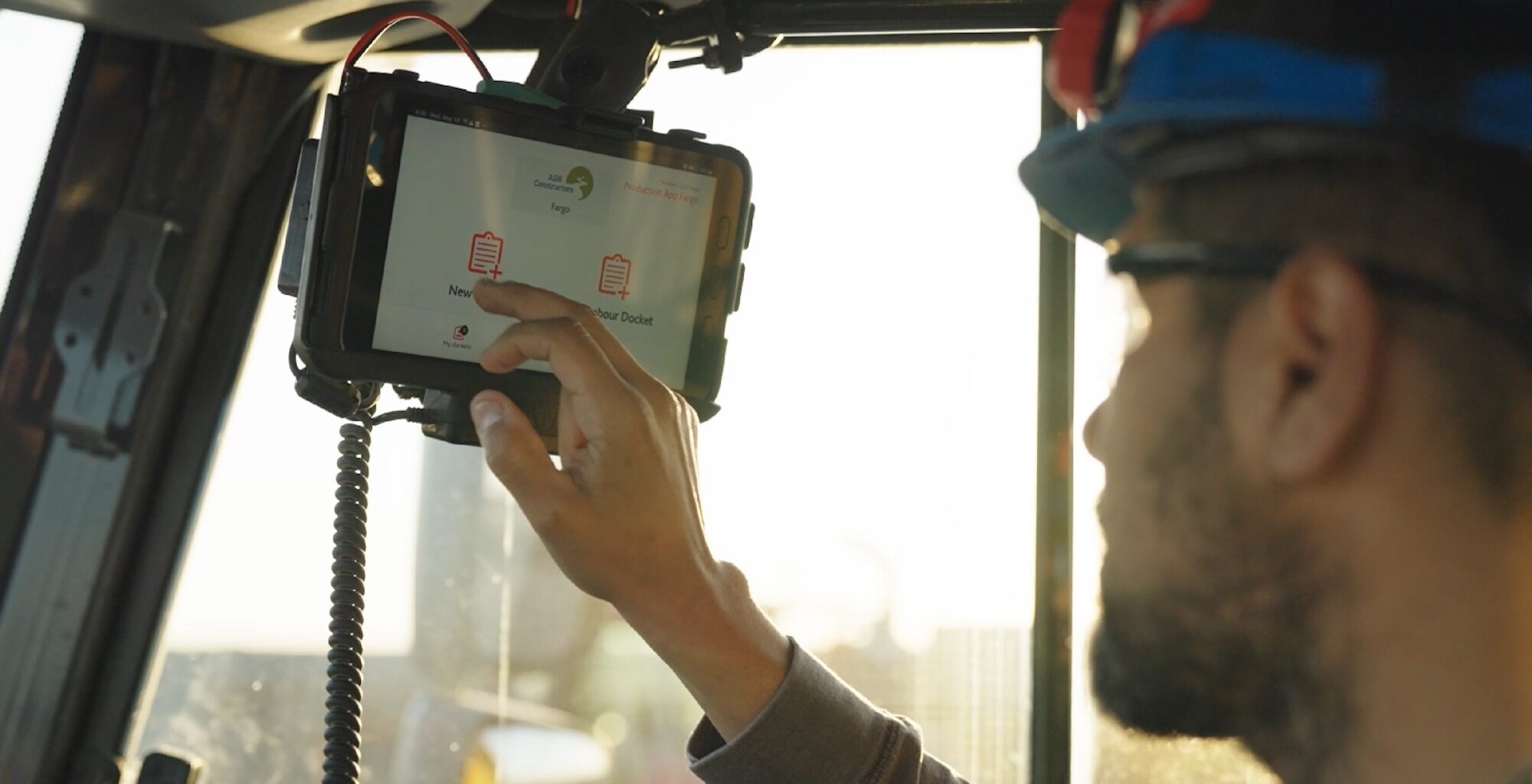-
ACCIONA and innovation
ACCIONA and innovationWE MAKE PROJECTS A REALITY THAT HELP THE PROGRESS OF SOCIETY AND RESPECT FOR THE ENVIRONMENT
-
Challenges
ChallengesDO YOU HAVE AN IDEA OR PROJECT?
- LAUNCH YOUR PROPOSAL

From fragmented processes to integrated management
For years, construction project management has relied on multiple standalone systems: one for machinery control, another for safety, another for materials traceability. ACCIONA has developed ATLAS, a platform that integrates all of these functions into a single digital system.
What ATLAS brings to the sector
The platform works as a digital operations center that consolidates information from different sources: tunnel boring machines, environmental sensors, safety systems, materials control and fleet management. This information is processed in real time, allowing project teams to make decisions based on up-to-date data.
Core capabilities
Real-time data management
ATLAS monitors aspects such as TBM performance, concrete quality, earthworks progress and environmental conditions. Project managers can consult this information from a single interface, without having to switch between multiple applications or systems.
Adaptation to each project
The modular architecture allows only the necessary features to be activated for each worksite. A tunneling project might require TBM management and segment traceability, while a dam requires earthworks control and fuel management. The platform is configured according to these specific needs.
On-site safety
The system includes tools for air quality control, video monitoring, automated alerts and worker location. These features provide an additional layer of oversight that complements traditional safety protocols.
Application in international projects
ATLAS is already in operation on several infrastructure projects:
• On the Fargo–Moorhead flood control project (North Dakota), the platform manages machinery fleets and logs earthworks production data, including fuel consumption by equipment.
• For the construction of Metro Line 6 in São Paulo, ATLAS manages tunnel data and instrumentation control during excavation.
• In Chile, the platform is used for asset traceability and earthworks tracking on a dam project. In Poland, it supports TBM operations and safety systems in the S19 highway tunnel.
Implications for project management
Bringing digital tools together in one unified platform has several practical effects:
• Reduced time spent on administrative management: Automated logging and digital inventory tracking cut down on repetitive manual tasks.
• Improved traceability: Every project element — from materials to equipment — is digitally recorded, making audits and regulatory compliance checks easier.
• Data for sustainability: Continuous environmental monitoring generates historical data, enabling assessment of operational impact and adjustment of processes to improve environmental performance.
• Scalability across projects: Configurations and workflows that perform well in one project can be replicated in others with similar characteristics, regardless of geography.
Industry context
The construction sector is gradually adopting digital technologies that used to be common only in other industries. Platforms like ATLAS reflect this shift toward centralized information and data-driven management.
These systems answer growing demands: increasingly complex projects, stricter transparency expectations around safety and sustainability, and the need to run worksites in different geographies under consistent standards.
Digital management in construction is no longer experimental. It is now a management tool designed to bring greater efficiency to something that has always been complex: coordinating multiple teams, resources and processes in constantly changing environments.
Digital infrastructure management is evolving from a competitive advantage into an operational standard.
